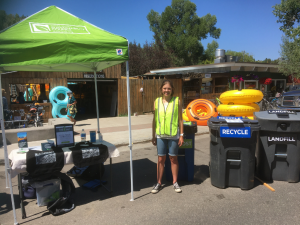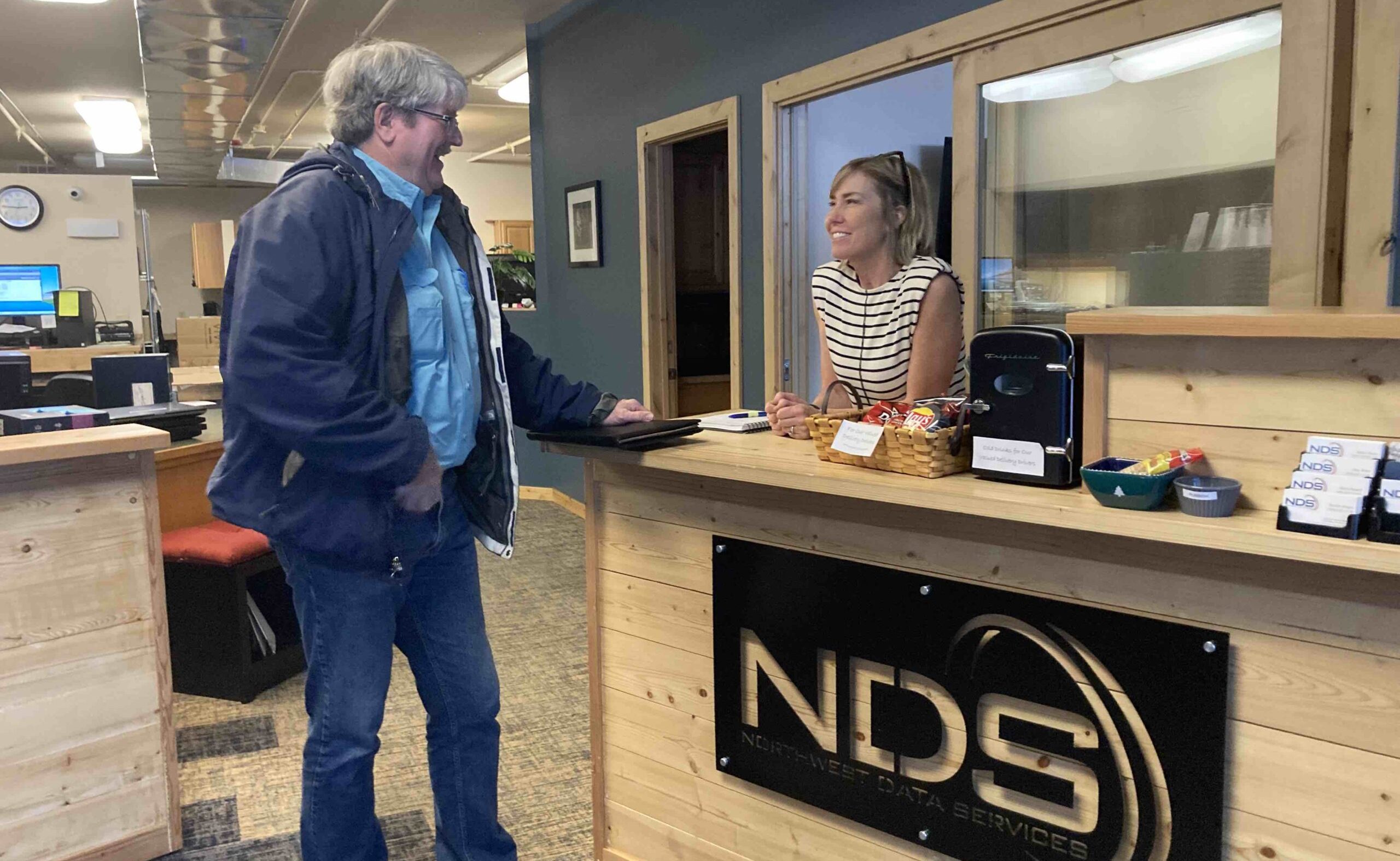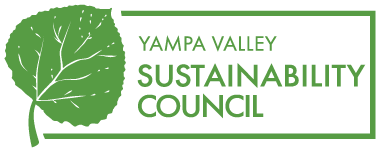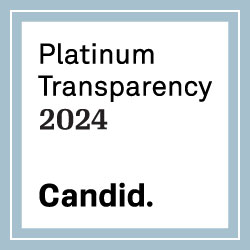My name is Sidney Barbier, a current intern with YVSC. For my project, I am working to assess the success of the zero waste initiative for the Steamboat Springs Farmers Market. The purpose of zero waste is to minimize the amount of waste that ends up in the landfill through actions such as recycling, composting, and reducing waste in general. Zero waste reduces greenhouse gas emissions from production, manufacturing, and transportation of new products which has a wide range of environmental and societal benefits from helping increase jobs to minimizing the effects of climate change. Throughout the summer, I have begun to understand the true complexity of waste diversion in our local community and beyond, and I have learned the challenges facing a rural community such as the Yampa Valley when it comes to dealing with issues such as recycling and composting.
of climate change. Throughout the summer, I have begun to understand the true complexity of waste diversion in our local community and beyond, and I have learned the challenges facing a rural community such as the Yampa Valley when it comes to dealing with issues such as recycling and composting.
Currently, the local initiative Feed for Seed is taking on the issue of food waste through a composting program in which people are able to collect their organic waste at home and drop it off at different locations around Steamboat Springs. The material is then transported to the composting facility in Phippsburg where it is composted into healthy nutritious soil to be put back into our local community.
Recycling on the other hand has become a progressively complex issue. Recycling is a great way to divert materials from the landfill and reduce the need for extraction of raw materials. There are several factors contributing to the challenges of recycling in the Yampa Valley, the biggest challenge being the distance to end markets. When you throw a can or a plastic container in your recycling bin, it then needs to be collected and transported to a recycling facility where it is sorted by material. The materials are then transported to recycling processing facilities and shipped to markets where the recyclables are purchased. In addition to the barrier of distance, contamination is another key factor in recycling. Contamination of recycling can slow down the recycling process, increase the cost of recycling, and decrease the value of the end product, which is bad for everyone as well as risk the safety of waste workers. Contamination may even cause an entire batch of recycling to end up in the landfill. Consumers need to be aware of what is and isn’t recyclable and how to recycle correctly in order to avoid contamination and ensure the product is recyclable. This is a difficult task and one that requires education and outreach as well as uniform messaging from all those involved.
Overall, YVSC is increasingly aware of the issues and flaws in the waste stream system, and we are continuing to educate, encourage behavior changes, increase public awareness and facilitate the connection between the public and waste diversion options, like recycling and composting. This occurs through educational programs such as our Yampa Valley Recycles App.
While working and talking to the public at our local farmers market there have been many concerns regarding recycling. However, the best way to handle this is to send any complaints and frustrations directly to City Council and County Commissioners in order to directly address the issues of recycling. One effective way to work towards any sort of change is through public policy that can work to regulate the transparency of waste in the county and help to provide funding for potential new recycling facilities, curbside options, and help increase the cost of landfilling to help incentivize recycling.
In addition, the City of Steamboat Springs is currently doing a recycling study in order to better understand the state of recycling in the Yampa Valley and work towards solutions that help us achieve our goals put together in the 2017 Waste Diversion Strategic Plan. This will help to increase recycling rates and put us on track towards the 45% recovery rate by 2036. We can do it if we share our support for effective recycling and waste management in the Yampa Valley.
Despite the challenges, the goal of my project as a YVSC intern is to decrease waste through increased education on recycling and compost, signage, and volunteer education to inspire knowledge and action in the community. We can always use more volunteers to be zero waste heroes and help divert waste from our landfill! Please sign up here to volunteer and help work towards a zero waste future.






